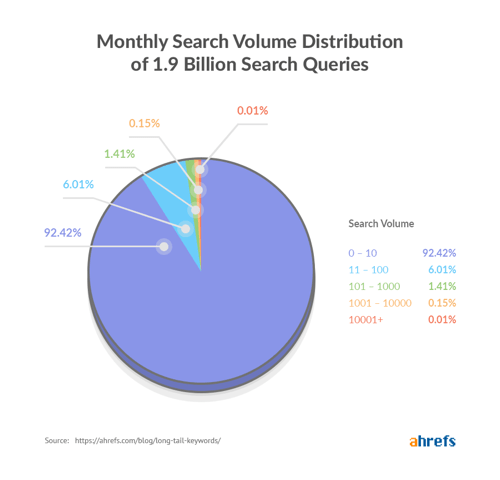Why Ranking #1 for “(My Town Name) Real Estate” Doesn’t Matter
I’m going to use a pseudonym to protect the innocent.
“Shirley” was an early real estate client of ours. She fit the profile of your average real estate broker: super social, well-connected, not tech savvy. She had a successful career, was frugal when it came to investing in technology, and not when it came to her car payment. She worked in both the Vermont and New Hampshire markets.
When I met her in her office (a charming New England colonial) around 2003, she berated me for half an hour as to why her site was not ranking number one in Google for the search phrases “Vermont real estate” and “New Hampshire real estate”. As Shirley saw it, she worked in both markets – therefore, of course, her site should be first in Google for each phrase. Right?
What I tried to explain to her at the time was that Google looks at a lot of different things when it comes to ranking a website. How much content does the site have, how many links, how long your site is been on the Internet, what are you doing to promote it, etc. The list went on and on back then, as it does now.
What I also tried to explain to her is that ranking number one for such broad phrases didn’t really serve her well. She only worked in a handful of towns in Vermont and a handful of towns in New Hampshire. What she really needed to do was rank well for phrases related to those towns.
Flash forward 15+ years, and I have an update for Shirley: ranking number one for “your town your state abbreviation real estate” no longer matters.
Why?
A recent study by Ahrefs of the ~1.9 BILLION keywords in their US database showed that 92.42% of all search phrases are searched less than 10 times per month.

Some folks may be looking for the phrase “your town real estate” more than 10 times month. Yes, you would love to get them to come to your website and convert them to a lead (“lead” being another name for a human being that is looking to potentially buy or sell real estate).
However, only about 7.5% of humans are actually searching for that phrase. The other 92.42% are searching for much more nuanced phrases. And, as I have discussed with the advent of voice search, these long tail phrases are getting more specific and complex.
So while you think you want to rank number one for “Beacon Hill real estate” what you really need to rank number one for is “one bedroom Beacon Hill apartment with direct outdoor access in walking distance to Mass General.”
How do you do that!?!
The simple answer is – call us.
The more complex answer, for starters, is having a well developed, fast loading, mobile responsive website with recommended searches, MLS listings, an ongoing content creation process, use of voice-specific content creation tooling and a whole lot more.
Most of all, what does not matter is ranking number one for “your town real estate”. What matters is ranking for the millions and millions of other search phrases dictated or typed that are pertinent to the properties you are looking to list and sell.











